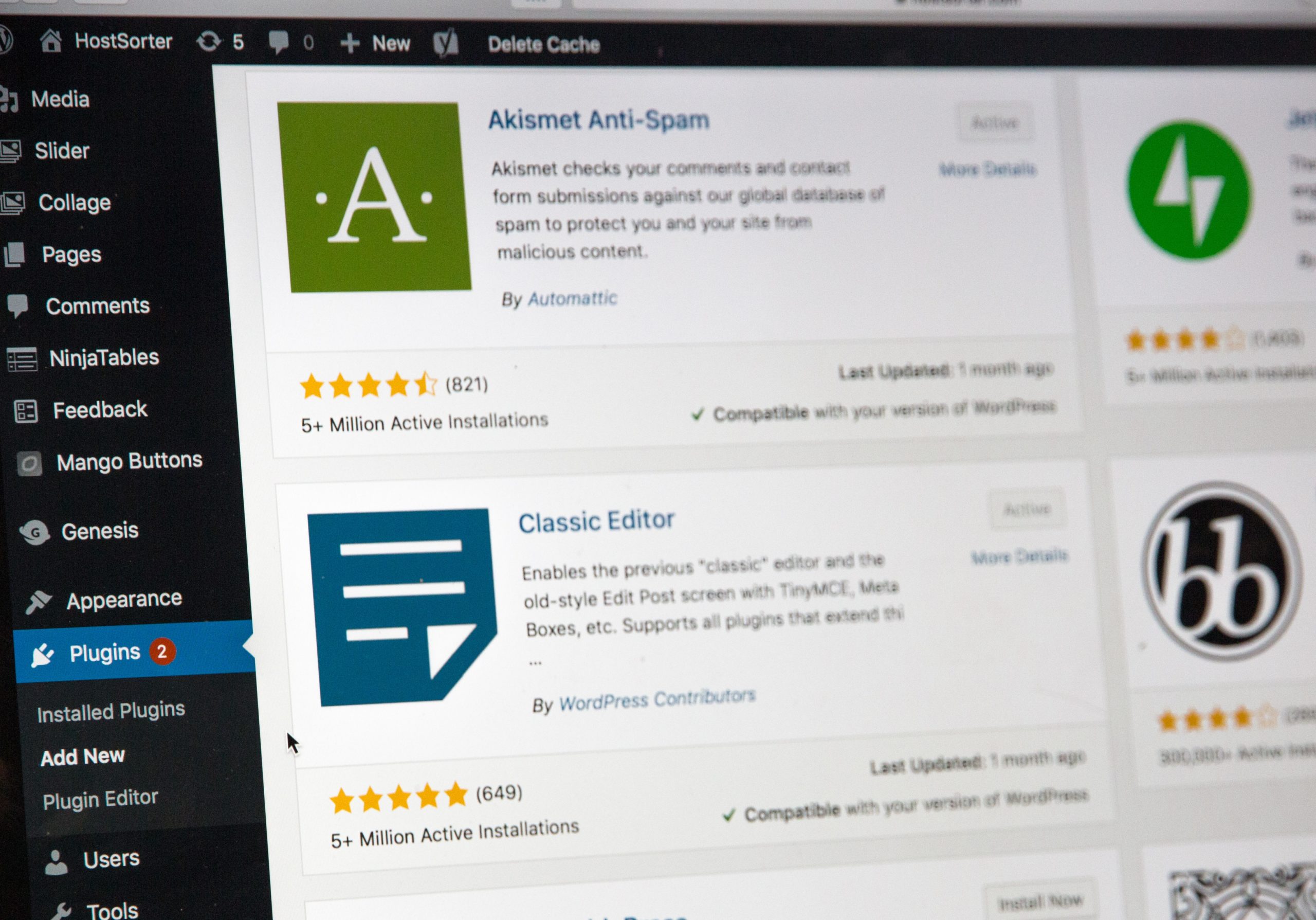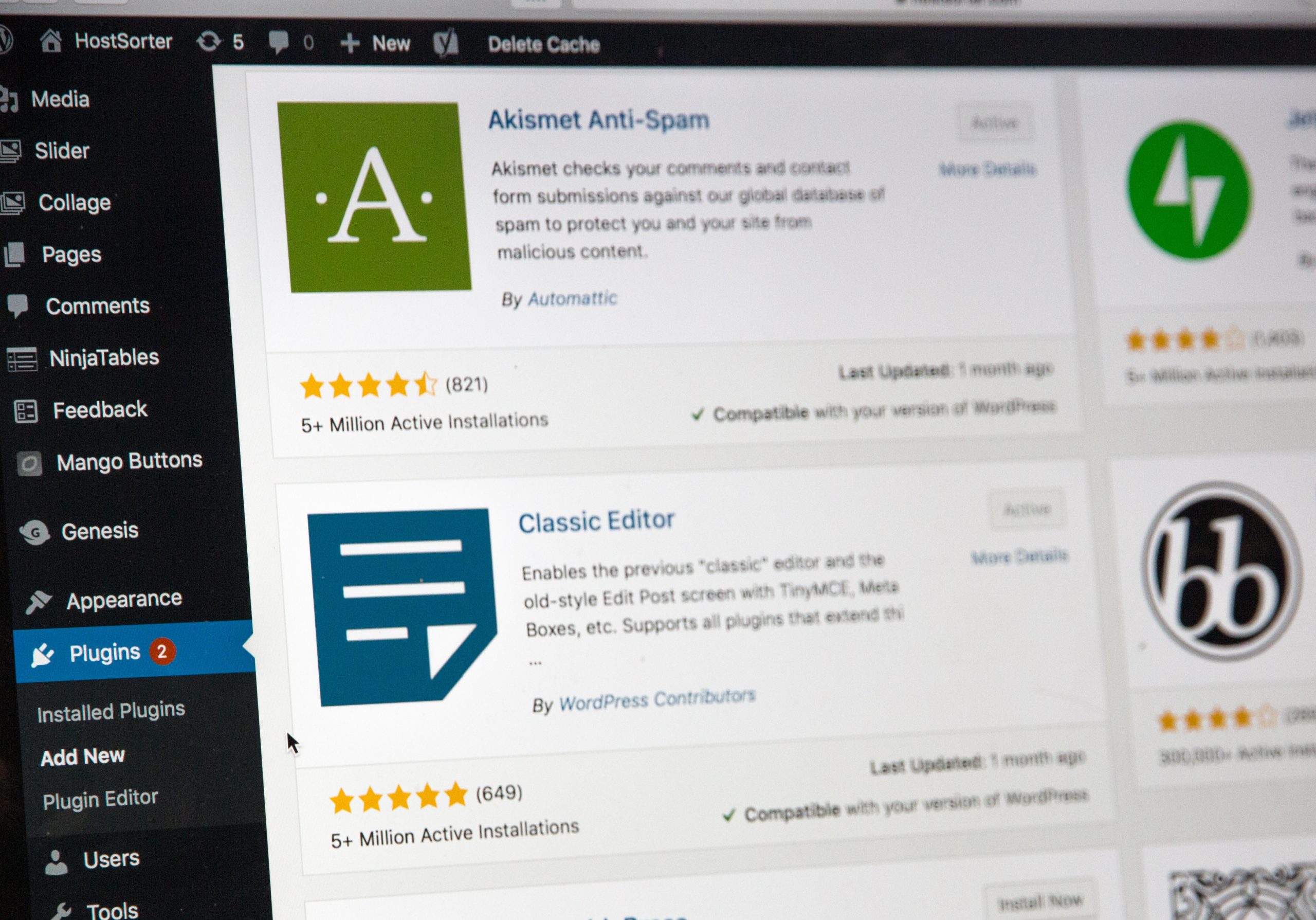Why Reputation Management Matters for Affiliate WordPress Themes
For affiliate publishers and theme creators, reputation is a direct conversion driver. A trustworthy site inspires clicks on affiliate links, repeat visits, and email signups. Conversely, a site with poor reviews, slow performance, or unclear disclosures can kill conversion rates regardless of traffic volume. This guide shows practical reputation management strategies tailored to affiliate WordPress themes and sites, blending technical improvements, content credibility, and proactive monitoring.
Technical Reputation: Performance, Security, and Hosting
Technical quality underpins perceived trust. Fast, secure, and reliable sites feel professional and keep users engaged—two essentials for affiliate conversions.
Speed and mobile experience
Mobile-first visitors expect fast load times and intact layouts. Poor mobile experiences reduce trust and increase bounce rates. Review and implement responsive theme best practices and prioritize core web vitals. If you want a deep technical playbook focused on mobile, check resources like Mobile Optimization Strategies for High-Converting Affiliate Themes for theme-level adjustments, image optimization, and caching tips tailored to affiliate sites.
Hosting and uptime
Choose hosting that provides consistent uptime, automated backups, and fast response times. For many affiliate sites, containerized, autoscaling platforms reduce downtime risk and keep pages snappy under traffic spikes. If you’re evaluating managed options optimized for WordPress and conversion stability, review platforms such as Best WordPress Hosting Convesio to compare uptime, horizontal scaling, and WordPress-specific features that protect reputation.
Security and HTTPS
Security signals matter: HTTPS, clear privacy policies, regular plugin updates, and WAFs help prevent hacks that destroy credibility. Display visible trust signals where appropriate—secure checkout badges for lead magnets, and an easily accessible privacy/affiliate disclosure page.
Content Reputation: Authority, Transparency, and Reviews
Affiliate sites must earn trust with clear, helpful content. Users should feel confident that recommendations are honest and research-backed.
Author profiles and transparency
Highlight author expertise for review and comparison posts. Author bios, credentials, and links to related work increase perceived authority. Always include clear affiliate disclosures near the top of content—it’s a legal and trust-building practice.
Structured data for credibility
Use schema markup (Article, Review, AggregateRating) to enhance SERP presentation and enable rich snippets for product reviews. Structured data can improve click-through rates and reinforces that your content is legitimate and useful.
Managing reviews and testimonials
On-site reviews and third-party endorsements are powerful. Encourage honest, moderated reviews and show dates and reviewer context. Avoid incentivized fake reviews—search engines and users penalize inauthentic social proof.
Monitoring, Response, and Repair
Reputation management is ongoing. Monitor brand mentions, user reviews, and technical issues so you can respond quickly and strategically.
Active monitoring
- Set up alerts for brand and site mentions, new backlinks, and review postings.
- Monitor page speed and uptime with synthetic and real-user monitoring tools.
- Track sentiment in social channels and forums where your audience discusses products.
Responding to feedback
Respond promptly and professionally to negative comments—acknowledge the issue, explain next steps, and offer resolution where appropriate. A thoughtful public response can improve perception even if the underlying issue takes time to resolve.
Enterprise tools and services
For teams scaling reputation workflows across many affiliate properties, consider specialized platforms that centralize reviews, monitor mentions, and automate responses. Enterprise-grade options like the Reputation.com reputation management platform are built to handle multi-location and multi-site reputation needs, offering workflow automation and analytics that inform content and product strategy.
Handling Negative Content and Crises
No site is immune from negative feedback or occasional crises. What matters is a structured response plan:
- Audit the claim—determine if it’s accurate or malicious.
- Correct factual errors quickly and transparently in the original content.
- Use comment moderation and dispute channels for fraudulent or defamatory content.
- Document actions taken and communicate updates publicly when significant.
When facing cross-border reputation issues, cultural context and local norms affect how a response is received. For perspectives on how culture, politics, and technology shape public perception across regions, consult broader analyses such as a global perspective on skating, politics, technology and culture to remind your team that reputation is interpreted differently in varied contexts.
Long-Term Reputation-Building Checklist for Affiliate Themes
- Technical: Run regular speed, security, and accessibility audits. Keep plugins and themes updated.
- Content: Publish transparent, well-researched reviews and disclose affiliate relationships clearly.
- Social Proof: Collect genuine reviews and testimonials; use schema for review markup.
- Monitoring: Configure alerts for mentions, reviews, and performance regressions.
- Response Plan: Prepare templates and escalation paths for common reputation issues.
- Partnerships: Work with reputable product vendors and avoid questionable affiliate programs.
Final Thoughts
Reputation management for affiliate WordPress themes is a blend of consistent technical excellence, transparent content practices, and proactive monitoring. Small investments in hosting reliability, mobile optimization, clear disclosures, and review management compound into long-term trust that directly improves conversions. Treat reputation like a conversion channel—measure it, optimize it, and build systems that protect it as your affiliate business grows.





